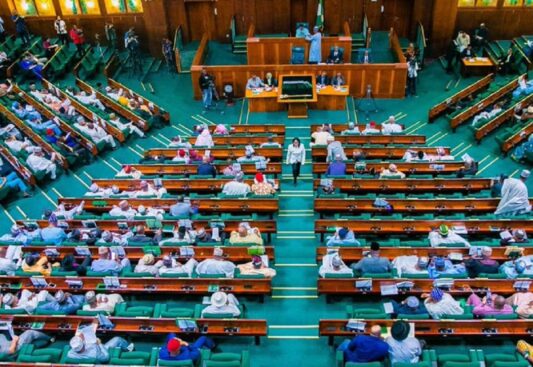At a press conference in Abuja on Monday, lawmakers emphasized the urgent need for constitutional and electoral reform in Nigeria, a topic that has sparked controversy since the nation gained independence from Britain in 1960. The ongoing debate, they noted, has often led to unrest and has deepened religious and ethnic divides.
Rep. Ikenga Imo Ugochinyere addressed the media, explaining that the group of reform-minded legislators is dedicated to using their legislative power to drive meaningful changes in Nigeria’s political landscape.
“Our history as a nation clearly shows we’ve faced many challenges and missed significant opportunities,” Ugochinyere said. “As the first step in our commitment, we are presenting to the public a series of bills and proposals that we are pushing on the floor of the 10th Assembly.”
The group is introducing 50 bills aimed at fostering development across all sectors of the Nigerian economy and improving national well-being. While all 50 bills have undergone a first reading, the public unveiling began with six key proposals, with more to follow in the coming weeks.
Among the proposed reforms, the lawmakers seek a constitutional amendment to rotate executive powers among the six geopolitical zones. This measure is intended to ensure equal representation and mitigate the intense competition and agitation for state creation.
The unveiling of these bills is likely to spark widespread public debate and scrutiny, with media coverage, opinion pieces, and discussions in civil society about the merits and potential impacts of the proposed reforms.
Moreover, given Nigeria’s history of unfulfilled political promises, some citizens may remain skeptical about the actual implementation of these reforms, leading to a cautious or even distrustful attitude toward the lawmakers’ intentions.
Also, the proposed rotation of executive powers among the six geopolitical zones could instill hope among marginalized groups for more equitable representation, potentially reducing feelings of political alienation.





